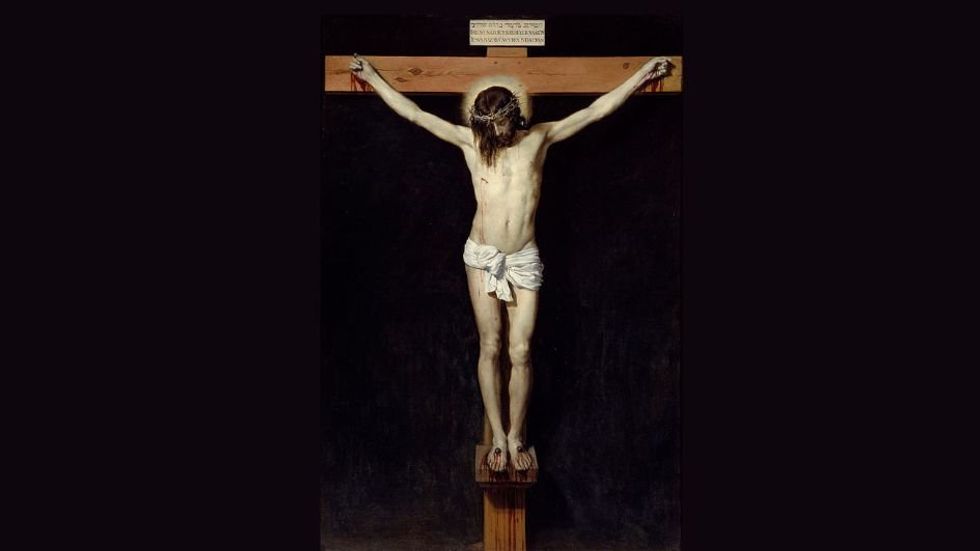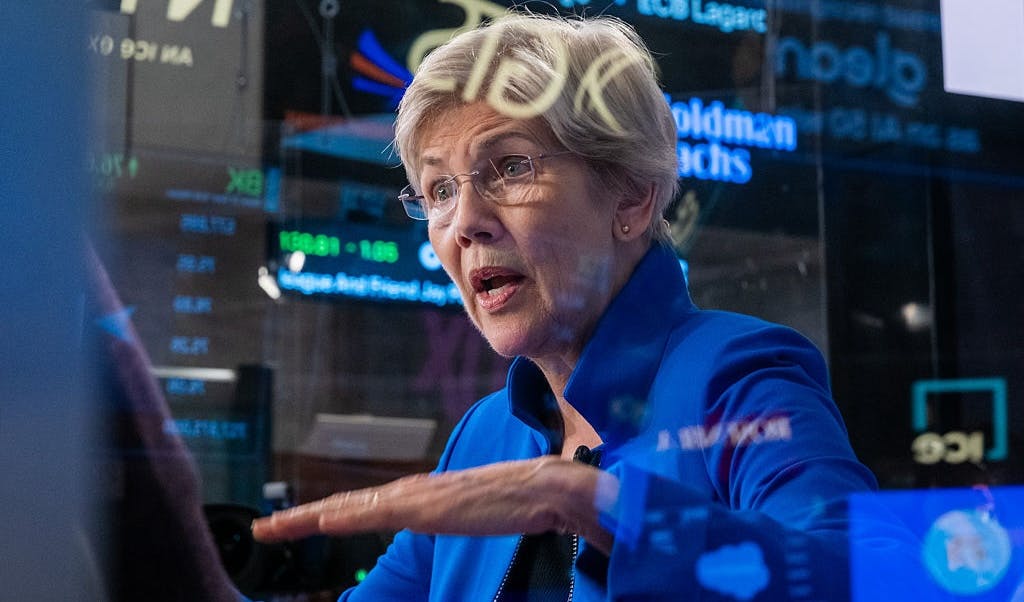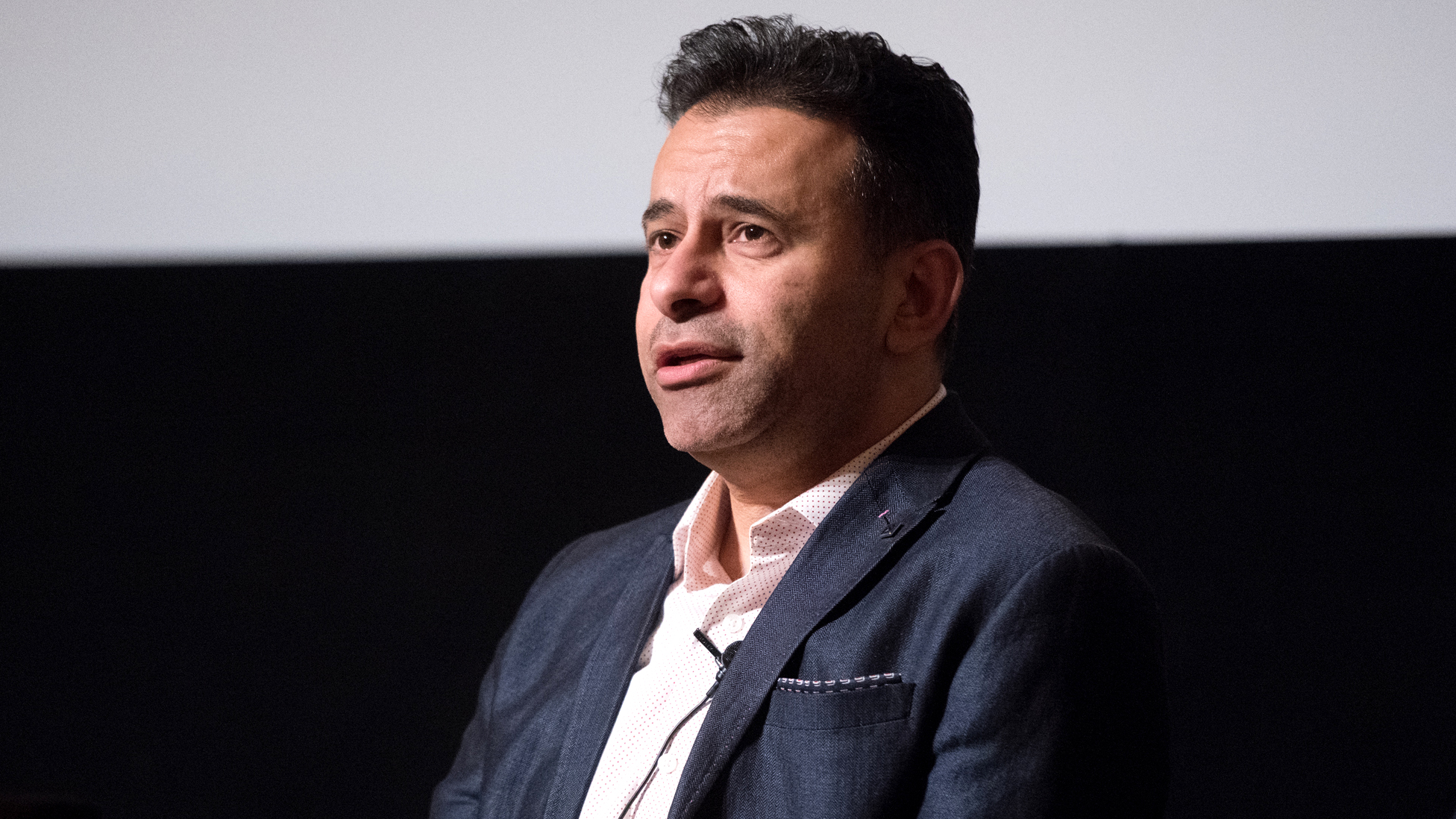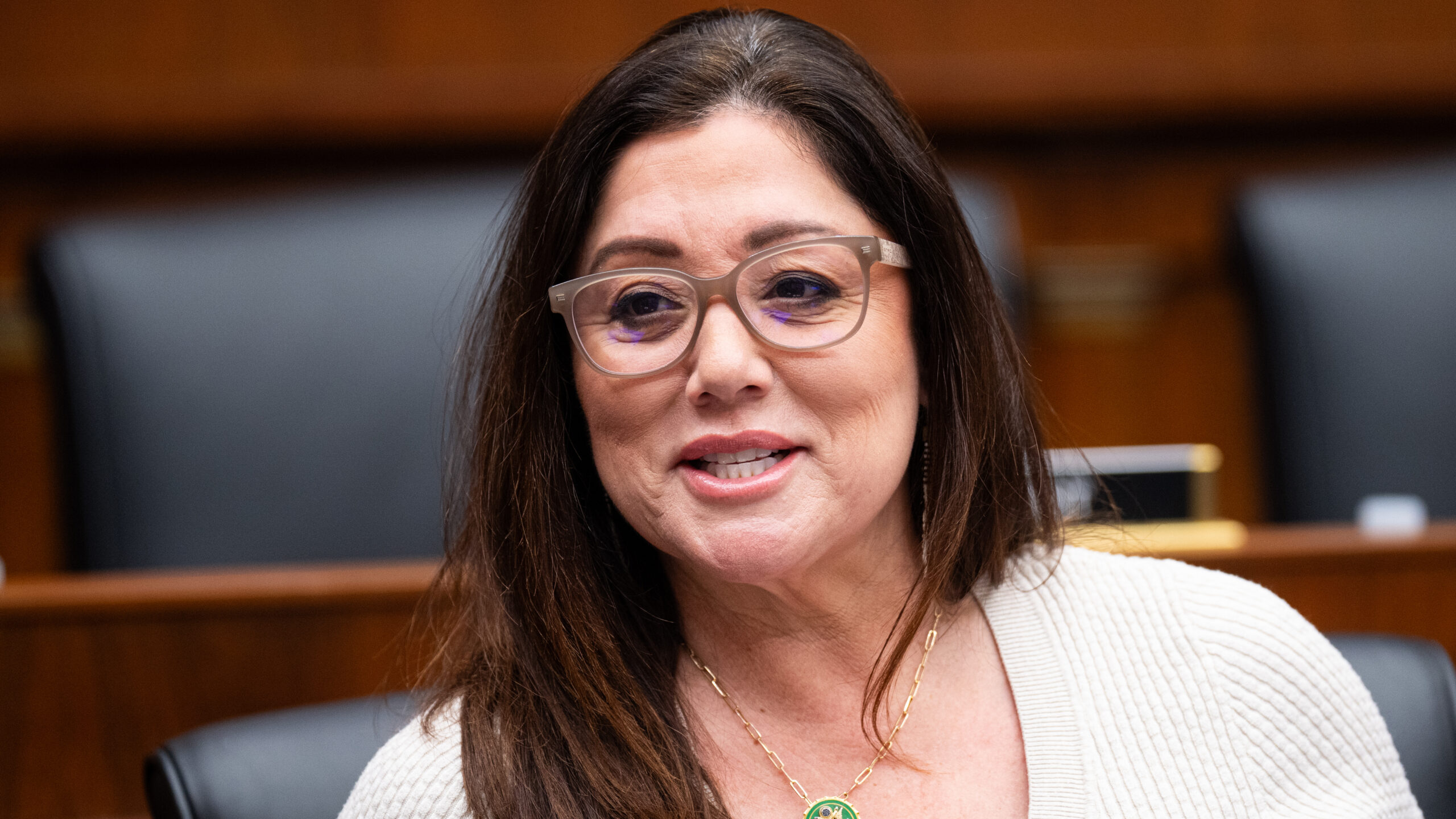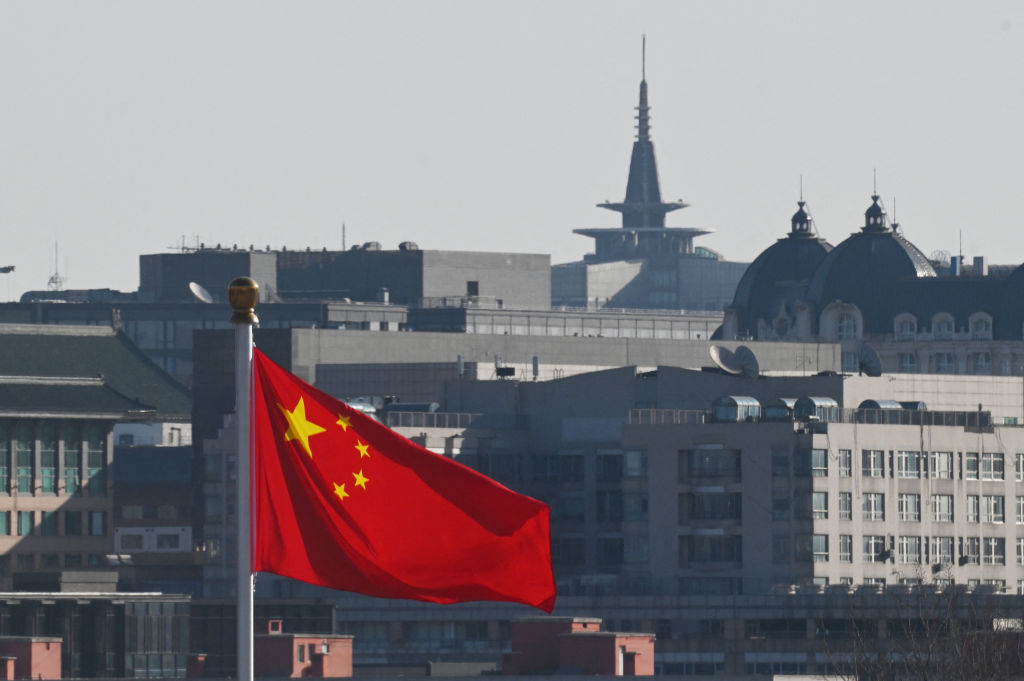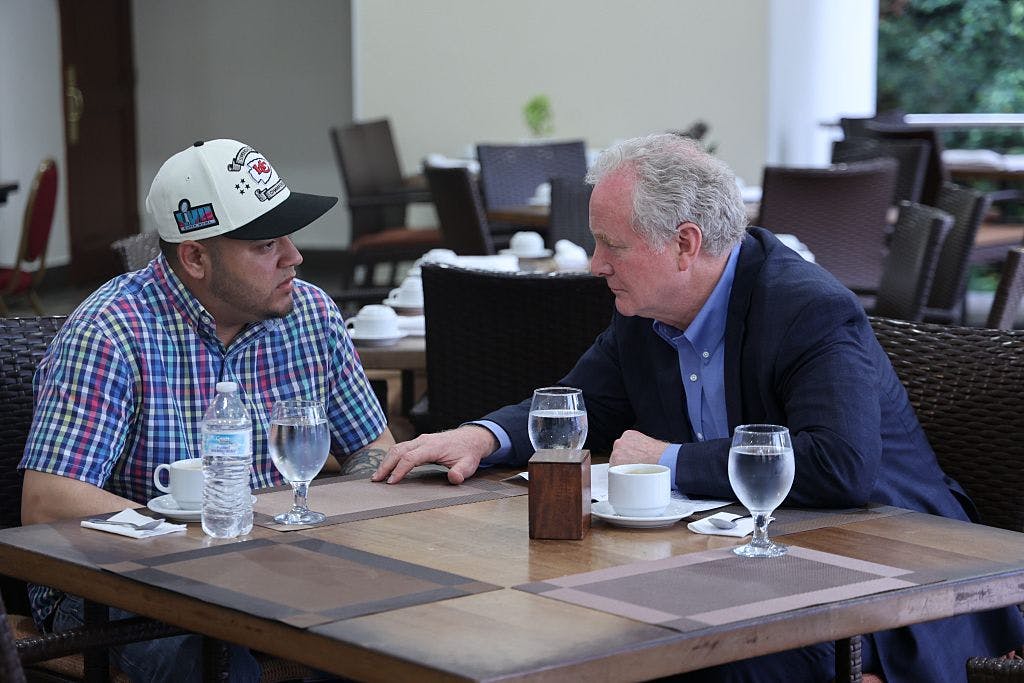Court takes on fight between families as IVF procedures go catastrophically wrong



According to Haaretz, an Israeli court on Sunday ordered that, following a lengthy legal battle over an IVF mixup, a woman who gave birth to a daughter and raised her for two years must now give the girl to her biological parents.
The woman and her partner underwent IVF treatment at Assuta Medical Center in Rishon Letzion, but as she neared the end of her pregnancy, she underwent testing after it was discovered that the preborn baby had medical concerns. During that testing, it was revealed that the baby she was carrying had no biological connection to her or her partner. She had been implanted with someone else’s embryo.
A report on the situation found that the error was likely due to the heavy workload staff are facing at the fertility clinic following the government’s decision to move fertility treatments to private hospital settings — a move considered a financial benefit to the Health Ministry, hospitals, and doctors, but one that put patients at risk of errors.
Now, two years later, a judge has ordered the woman to hand the child, Sophia, who has a heart condition and developmental delays, over to her biological parents.
Benefits vs. damage
Judge Oved Elias of the Rishon Letzion Family Court said the girl should be given to her biological parents on the recommendation of Dr. Daniel Gottlieb, a psychologist appointed to the case, but against an affidavit from Welfare Ministry social workers and the head of Israel’s Child Protective Service. That affidavit advised that the girl should remain with the woman who gave birth to her, and her partner who have been raising her.
Elias determined that being given to her biological parents was in the child’s best interest because they are her natural parents. “The benefits that will arise from handing the girl over to her genetic parents and her life with them overcome the damage that will be caused by disconnecting her from the parents who have been raising her. The benefits of life with the genetic parents are, among others, in her future identity, connecting her to the family’s genealogy, a shared family story, and matching psychologies and family values,” he said.
He’s not wrong. Research has shown that children who live in a home with their married, biological parents are healthier both physically and mentally.
However, the removal of the child from the only parents she has known both inside and outside of the womb is likely to cause significant trauma. Studies have shown that taking babies from their birth mothers — whether they are biologically related or not — causes immense trauma for the child and can permanently alter her adult brain function later in life. While adoption seeks to heal the trauma that results when a birth mother feels unable to raise her child and lovingly selects a family to raise her baby, artificial reproductive technologies (such as surrogacy) deliberately create a trauma, with a child knowingly created and intended to be separated from his or her birth mother.
In this case, a mix-up during the use of these artificial reproductive technologies has created trauma for the child, the birth parents, and the biological parents.
Birth parents and biological parents speak out
“Given that there was a major error in the IVF process, and given that, with cooperation and in a planned, monitored way it can be rectified with minimum harm, I cannot accept the stance that what’s done is done,” the judge wrote.
The birth parents argued that the biological parents do not know how to care for the child and her health needs properly, and that the situation should be left as is because “the family unit embraces the baby.”
“As a mother, I don’t understand how they can tear my daughter from me after I birthed her with blood, sweat, and tears? She is the fruit of my womb and I’ve been raising her for more than two years. As far as I’m concerned, I’ll wait until justice is done at the High Court of Justice,” said Sophia’s birth mother, who feels as though she’s been reduced to the status of a surrogate.
“I am Sophia’s mother, and she is a sweet girl who only months ago underwent a third life-threatening surgery. I’m not a womb for rent, and with all my grief for the woman who gave the egg, she didn’t make the child. I was implanted with the embryo, carried her, and gave birth to her, and I will not allow my daughter to be uprooted from me. It’s inhumane. I won’t lend a hand in risking my daughter’s life.”
Sophia’s biological parents, however, said that Elias’ decision “rectified” the mistake made by the IVF clinic. That mistake was determined to be that both women were at the clinic at the same time and had been called back for an embryo transfer in the wrong order. “She is coming home to live with the family she was supposed to be born into. Everything was done to try to protect her privacy and allow her to be raised in peace. We are overjoyed and waiting for the moment we will finally be able to hug our daughter and be hugged by her, which is something we’ve been waiting for for so long,” they said.
Sophia’s birth parents have appealed the decision to the District Court.
Sophia’s case shines a light on the potentially serious harms of IVF and sperm and egg donation. The fertility industry treats children like commodities to be created and destroyed at will with adults as the clients, making decisions that are in the adults’ best interest, not the child’s. With the rising popularity of IVF, egg donation, sperm donation, and surrogacy, Americans have been fed the marketing line that biology isn’t what makes a family. Yet in cases like Sophia’s, it becomes obvious that biology certainly matters when the adults say it matters.
“[…] #BigFertility routinely implants someone else’s biological children into an intended mother or surrogate via donor sperm, egg, or embryos,” said Katie Breckenridge of the organization Them Before Us. “When adults choose to separate a child from their biological parents at conception, we shower those adults with congratulations and often call it ‘progress.’ Only when it’s a case of an IVF mix up is it a problem that babies go home with genetic strangers. In other words, biology matters only when adults want it to matter.”
[Editor’s note: This story originally was published by Live Action News.]
What's Your Reaction?
 Like
0
Like
0
 Dislike
0
Dislike
0
 Love
0
Love
0
 Funny
0
Funny
0
 Angry
0
Angry
0
 Sad
0
Sad
0
 Wow
0
Wow
0



